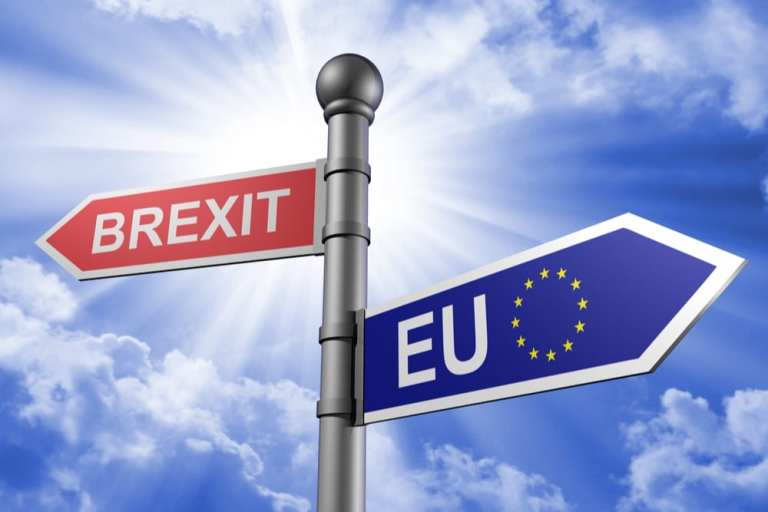UK Will Use Border Controls After Brexit For EU Imports

The U.K. said it is going to start putting import controls on goods coming in from the European Union after the Brexit transition finishes at the end of this year, according to a report by Reuters.
Britain Senior Minister Michael Gove said the U.K. will stick to EU rules during its 11-month transition period, and that it has plans to work out a free trade deal moving forward. The EU is Britain’s largest trading partner.
“The U.K. will be outside the single market and outside the customs union, so we will have to be ready for the customs procedures and regulatory checks that will inevitably follow,” Gove said.
The U.K. said it would treat imports and exports the same, with traders both in and out of the country required to declare customs and be liable to checking goods. Former plans that would ease cargo flow in case of a no-deal Brexit are no longer necessary, Gove said, and businesses will have time to adapt to the changes.
The border controls will help to make sure the correct customs and excise fees are collected, as well as making sure the borders stay safe.
Brexit has also had a large effect on FinTechs in Britain, and many of them are moving to the EU.
According to think tank New Financial, more than 275 banking and finance firms have moved at least some, if not all, of their asset base, staff or operations from the U.K. into the EU, as of March. Dublin has seen about 100 relocations, Luxembourg has gotten 60, Paris has gotten 41 and Frankfurt has gotten 40.
France is especially attractive to FinTechs because in September, President Emmanuel Macron announced that asset managers and insurers have started a 5 billion euro investment to help grow new tech startups into tech giants. France wants to have 25 FinTech unicorns (companies valued at more than $1 billion) by the end of 2025.